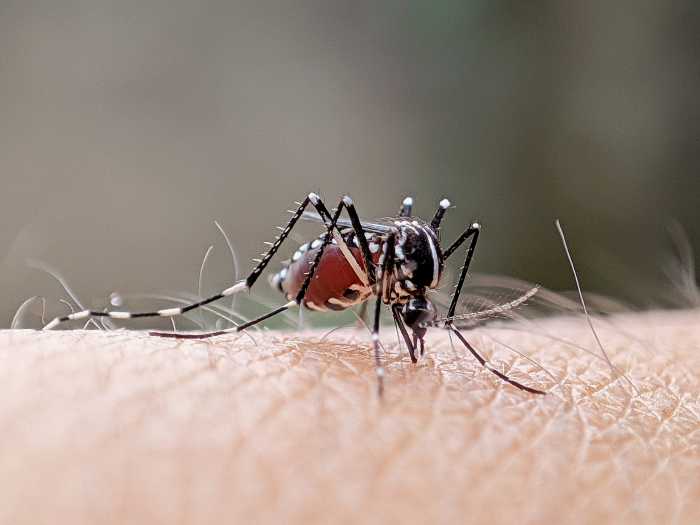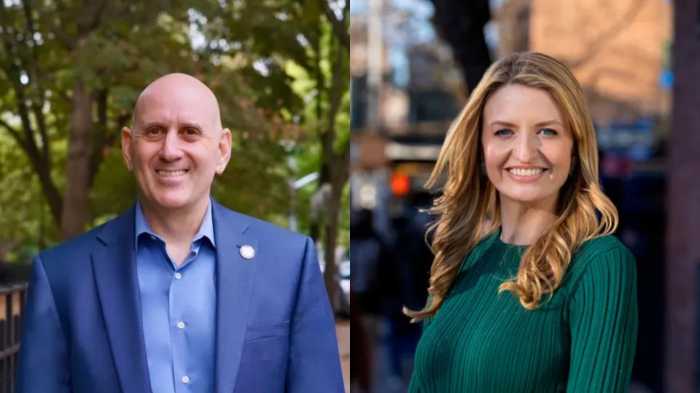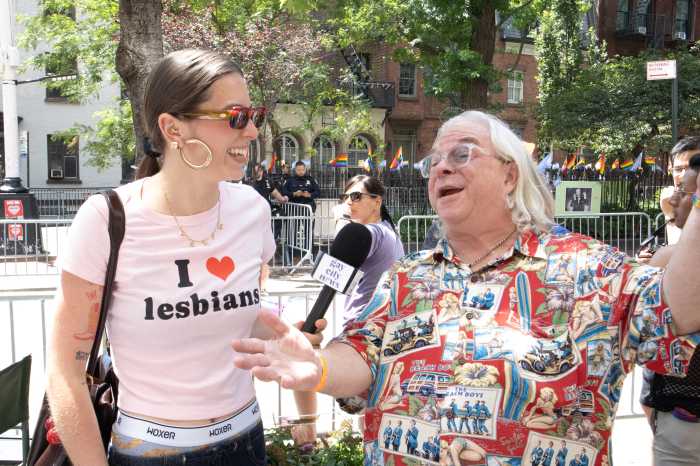By Lenore Skenazy
In 20 years they can tell it to their therapist” is a line parents hear — and say — a lot.
Especially in New York.
Most of us — somewhat jokingly, somewhat earnestly — believe that our kids are keeping track of all the little things we’ve said and done wrong, and will someday divulge these while free-associating on a couch. If only we could be raising our kids with the expert wisdom of the real child experts: Psychiatrists.
Well, a new book should make us all breathe a little easier. “Great Psychologists as Parents” by David Cohen looks at 10 towering shrinks and child-development experts, including Freud and Dr. Spock, and finds that their track record is, well, mixed. In fact, the British Cohen told me in a phone interview, the shrinks’ odds of raising happy, well-adjusted offspring were “not very different” from the rest of ours.
“The idea that if you study child psychology you become a better parent? Historically, there’s no evidence for it,” said Cohen. To illustrate, he added, “I went to a funeral not long ago and met the son of a very famous British psychologist and I said to him, ‘You must miss your dad.’ And he said to me, ‘You must be joking!’ ”
Which makes me feel kind of good.
Not that I want any child to suffer a traumatic upbringing. I just like knowing that there isn’t necessarily a cheat sheet that the experts get that the rest of us don’t. And I say this as someone sometimes described as a parenting expert myself, since I write the blog Free-Range Kids. (I always say I’m not an expert on how to parent, I’m an expert on how we got so afraid for our kids.)
So anyway: How did Freud fare as a papa?
He was very close with his daughter Anna — “perhaps too close,” Cohen writes. He actually analyzed her. And since Freudian analysis deals with childhood sexuality and fantasies, you have to assume this was awkward. These days, there’s no way a father could ethically analyze his own child. But back then it was all new — Freud basically founded the field — so you can’t hold it against him. And rather than castigate her dad, Anna followed in his footsteps and became another distinguished psychoanalyst.
The same dynamics are not found in the Klein family. Melanie Klein was a student of Freud’s who became famous for her work on play therapy — the idea that children express their fears and frustrations through play. (For instance: a toddler angrily punishing her doll for being a “bad girl.”)
Like the Freud family, Mama Klein’s daughter also went in the family business. That meant that mother and daughter were sometimes at the same psychoanalytic conferences, where they’d be shrieking at each other.
“It was a soap opera,” Cohen says.
They didn’t speak for 20 years, and when the mom died, daughter Melitta refused to go to her funeral, and she wore special red shoes to celebrate.
Darwin and his children go to the other side. Although Darwin was not really a psychologist, since the field had not yet been invented when his kids were born in the mid-1800s, he was a keen observer of species, including his own. He lost three of them, but the children who survived felt very warmly toward him and were at his bedside when he died.
Not so the kids of John B. Watson, one of the first scientific psychologists, as well as one of the founders of modern advertising. Watson wrote a book on the psychological care of the infant that was hugely influential in the first half of the 20th century. And yet, he was a harsh disciplinarian who only shook hands with his kids. In fact, Cohen says, “He accused American mothers of hugging their children and making them homosexual” — a good reminder that accepted truths in one generation do not always last into the next.
Nor do parenting books. When Dr. Spock’s “Common Sense Book of Baby and Childcare” came out 1946, it quickly supplanted Watson’s as the most popular guide around. That’s in part because it sounded so much more gentle — even though Spock, too, was a “quite severe father.”
Whether he practiced what he preached, Spock’s book famously begins: “Trust yourself. You know more than you think you do.”
Maybe he should have added, “And we don’t really know what we’re doing either.”
Lenore Skenazy is a keynote speaker, founder of the book and blog Free-Range Kids, and a contributor at Reaso



































